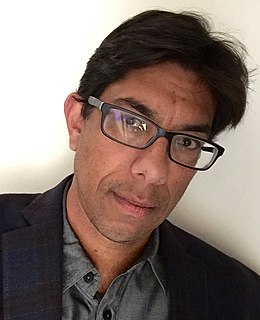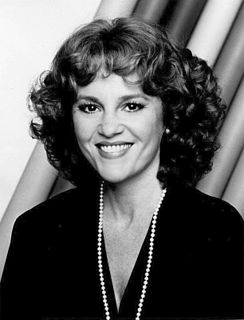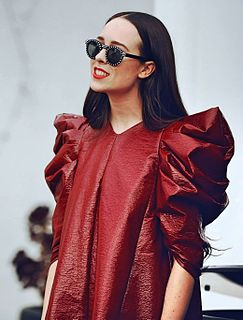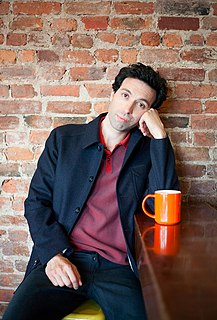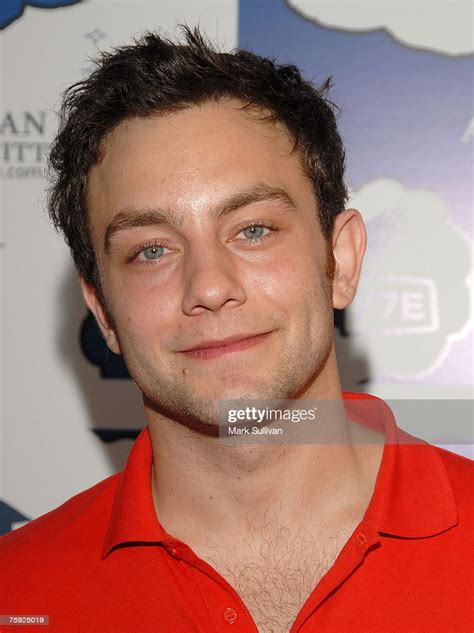A Quote by James Taylor
I know there are people who don't like their audience or like the experience of being recognized or celebrated, but my audience has been very good - they don't bother me and when they do contact me it's usually on the nicest possible terms.
Related Quotes
I'm not a huge fan of 3-D, though. Honestly, I think that movies are an immersive experience and an audience experience. There's nothing like seeing a film with 500 people in a theater. And there's something about putting on 3-D glasses that makes it a very singular experience for me. Suddenly I'm not connected to the audience anymore.
It's possible I'm a weird person, you know, and if I could only write for people who are like me, I wouldn't have any audience at all. Ultimately, I'm my audience. I'm writing stories for myself. I don't have kids of my own, and I don't hang around kids all that much. Maybe that puts me at a disadvantage.
It's very important that a film that intends to play tricks on the audience... has to play fair with the audience. For me, any time you're going to have a reveal in the film, it's essential that it have been shown to the audience as much as possible. What that means is that some people are going to figure it out very early on. Other people not til the end. Everybody watches the film differently.
I've always been surprised when a straight guy likes me. It's just been like my whole life has been kinda like that. I definitely felt like when I started writing music, it wasn't writing for a gay audience at all. I was just writing for me. But what I say whenever I get this question is my best friends have always been gay, I've always been, as a person, just accepted by the gay community, and celebrated and had the best nights of my life at gay clubs. Always had a fashion sense usually with drag and I don't know. That's just kind of my people. That's just kind of where I fit in.
What I try to do often when I'm acting and what I like when I'm seeing good acting is how authentic it is. How true is this to what I know of the world that's been created for me? The ultimate test for me is, like, if I heard a clip of it on the radio, I'd like the audience not to know if I'm acting.
I don't think about the audience, I don't think about what makes them happy, because there's no way for me to know. To try to think of what makes for entertainment is a very Japanese thing. The people who think like this are old-fashioned. They think of the audience as a mass, but in fact every person in the audience is different. So entertainment for everyone doesn't exist
The one thing that I love about the live audience is the energy level. Like, from the minute of cast introductions, it's just constant energy being traded back and forth. When you do something funny, the audience laughs; when you're being serious, you can, like, feel the tension going through the audience.
To achieve the intimacy between performer and audience in storytelling, I feel like I have to let the audience in on my emotional state, not just, "Here's a story I'm going to tell by rote, and you're just going to listen to it, because I'm such a wonderfully entertaining fellow." It's the idea of sharing enough of myself that it's not just all about, "Look at me, look at me." There's an element to it of, "You understand what I'm talking about, right? You've been in this place that I've been in," which makes it a richer experience.


